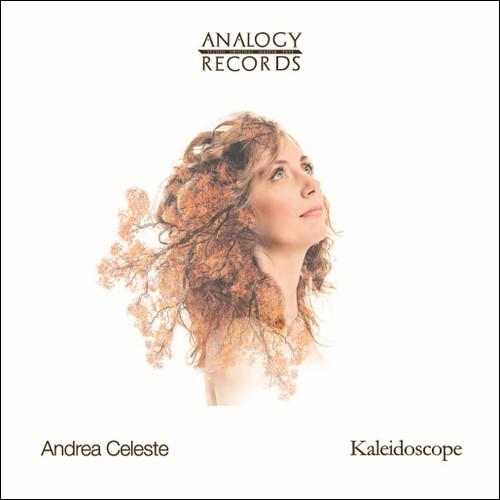How did they play in the Middle Ages? What kind of tone could we have heard in the instrumental music of the 14th century, the age of Petrarca and Boccaccio?
The Ensemble Palamento with great ability takes us by the hand on a captivating journey: the first time we listen, we are already charmed by tones so blunt and authentic but also so fluid and harmonious.
From the fog of the centuries the blow, the strings and the percussions come to light all intertwined in dance paces, vivid themes, unforeseen rhythms that celebrate with joy a truly unique and unrepeatable historical age.
Particular praise goes to the historical accuracy of the recordings where the attention to quality (which, mind you, is never translated in a serious or boring approach) will certainly put the new listener in agreement with the most demanding enthusiast.
Colorful note: the instruments used in this recording (barrel organs, vielles and citoles) are the tangible (and audible) result of the patient handiwork of Francesco Gibellini, who built them starting from the iconographic sources of that time (there are no instruments of that time that are known to us).
The very same Clara Fanticini whereas worked towards a new transcription of the tracks starting from the notation of the 14th century. So you have it: and operation entirely made by Palamento.
All of this aims to give back concrete and surprising sound, a splendid and luxurious Middle Ages, in which color and complexity put any residue of a black legend regarding the well-known “dark centuries” (that were not “dark” at all) to rest. This album is a precious philological reconstruction of rare instrumental music of the 14th century, which succeeds in its aim, which is to let an unusual and little known repertoire, here excellently recorded and played, be known and appreciated.
It is highly recommended if you are looking for new music with a taste of authenticity and elegance.
Listen to music samples
1. Saltarello III | 2. Chominciamento di Gioia | 3. La Manfredina |
| 4. Saltarello II | 5. Lamento di Tristano | 6. Isabella |
| 7. Ghaetta | 8. Saltarello I | 9. Trotto |
| 10. Parlamento |














